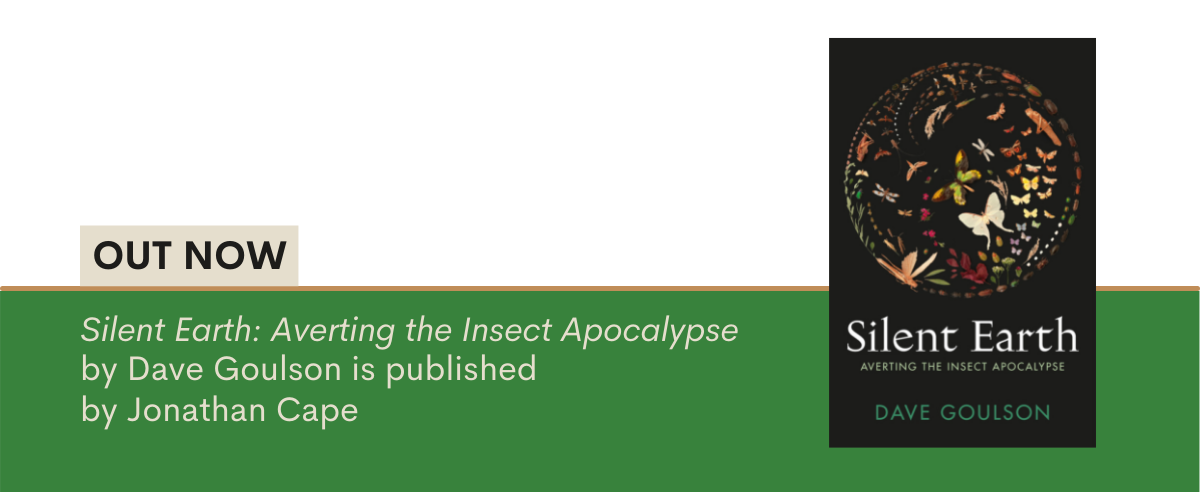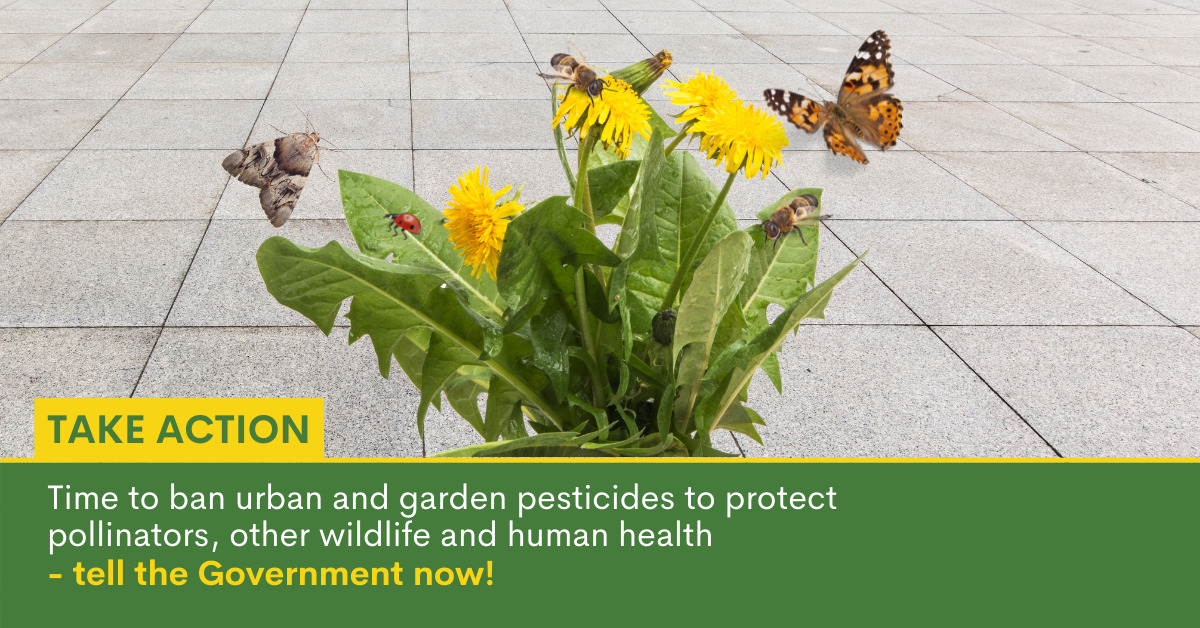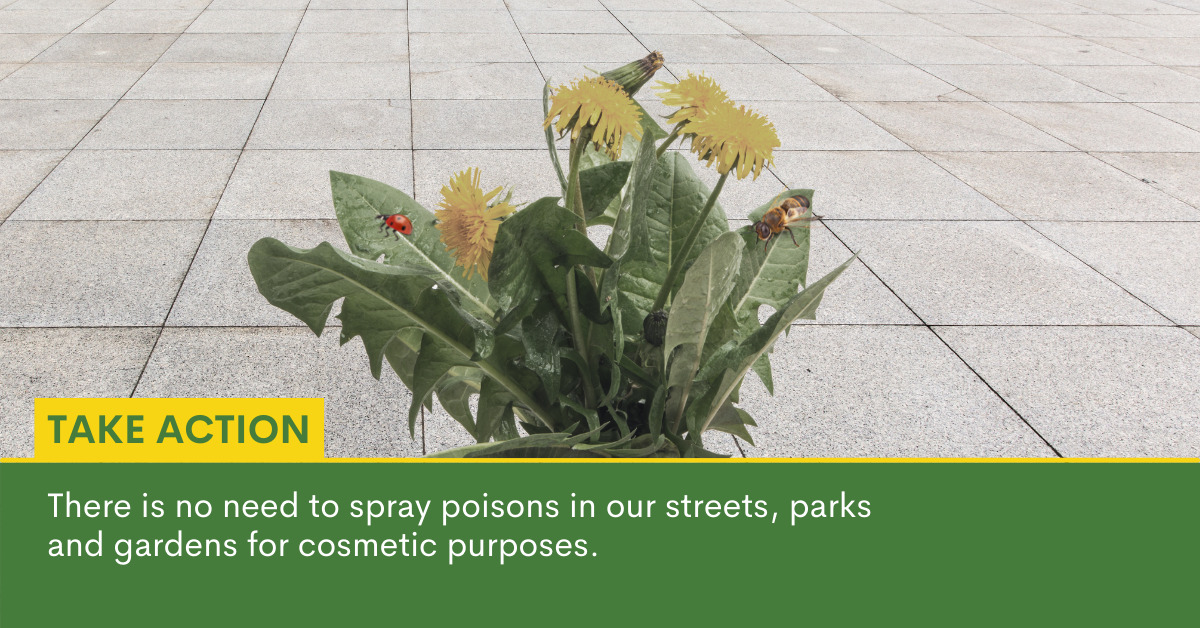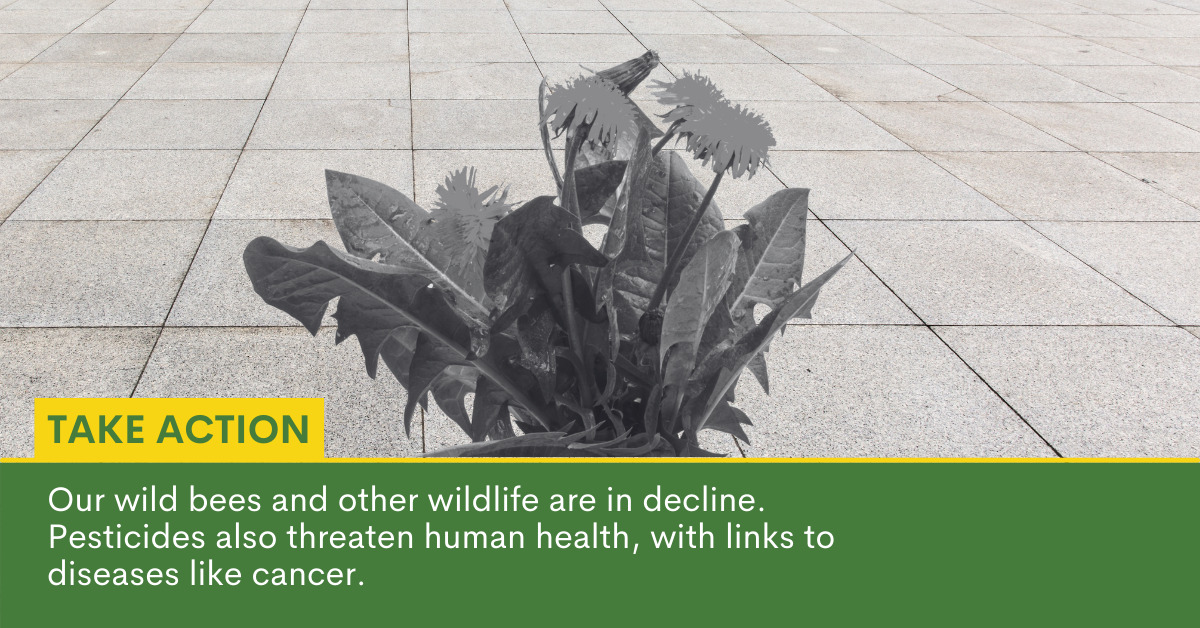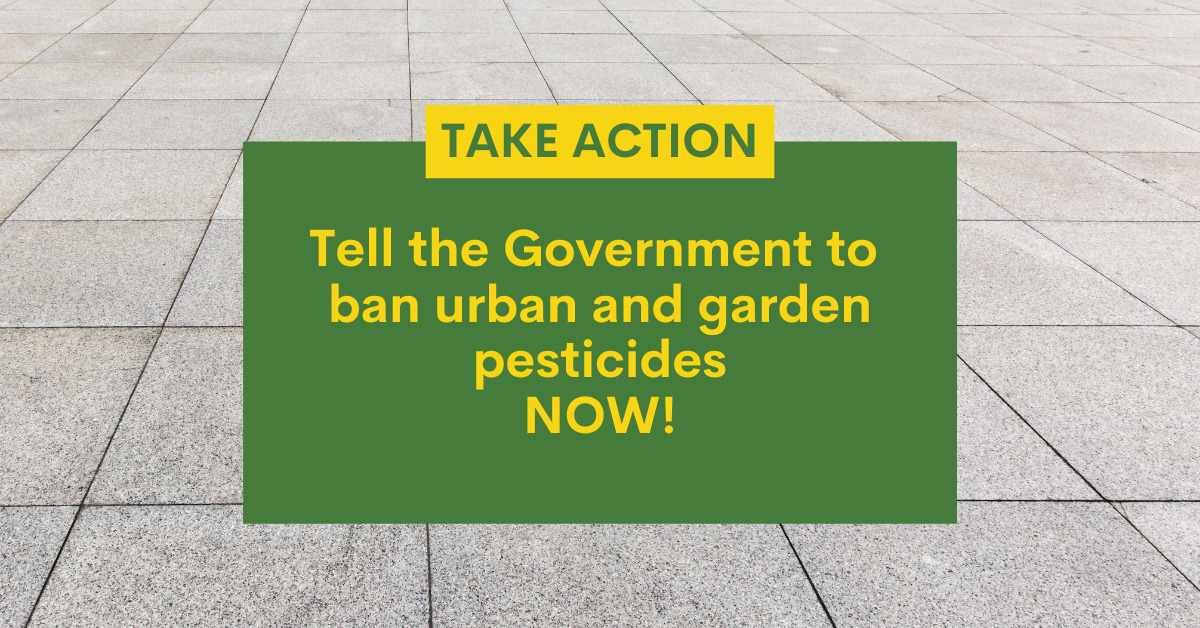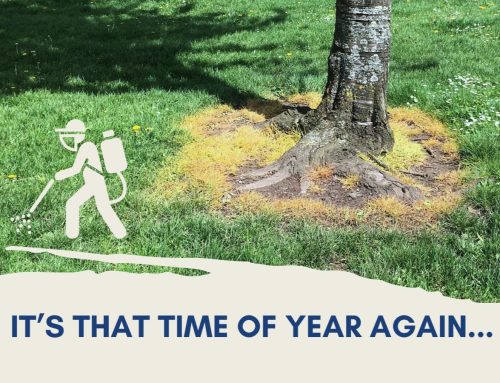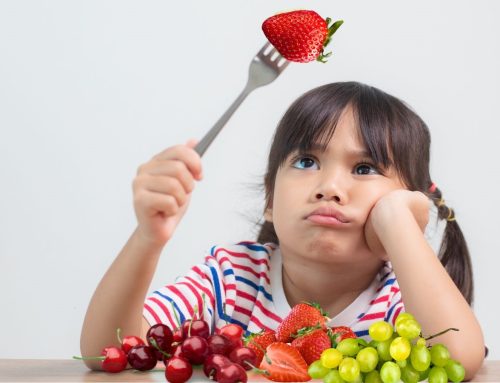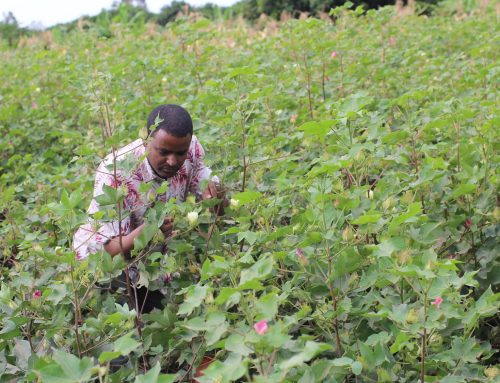By Dave Goulson, Professor of Biology, University of Sussex
NOTE: We have until the 26th January to collect 100,000 signatures in order to trigger a debate in parliament. Please add your name below.
We are calling for the UK Government to ban the use of pesticides in urban areas & end their sale for use in gardens. There is simply no need to spray poisons in our streets, parks & gardens for cosmetic purposes, where they harm vital insect populations & pose a risk to human health.
Insects have been around for more than 400 million years; they were already ancient when the dinosaurs appeared. They have been enormously successful, evolving into a staggering diversity of more than one million known species. These tiny creatures pollinate, control pests, recycle all sorts of organic material from dung to corpses, tree trunks and leaves, keep the soil healthy, disperse seeds, and much more besides. They provide food for many larger creatures such as birds, bats, lizards, amphibians and fish. Very simply, life on Earth would grind to a halt without insects.
It should be of huge concern to all of us that insects appear to be undergoing massive declines. In Germany, flying insects have declined by 76% in just the last 26 years. In the UK, our more common butterfly populations have fallen by 46% since 1976, the rarer ones by 77%, despite great efforts by conservation organisations such as Butterfly Conservation. Thirteen UK bee species have gone extinct, and more look set to follow them. In the USA, the iconic monarch butterfly, famed for its annual migration between Mexico and Canada, has declined by more than 80% since the 1980s. As a child, I vividly remember my parents having to stop the car on long summer journeys to scrub clear the windscreen, which quickly became crusted with splatted insect corpses as we drove along. Today, our windscreen are disturbingly clean. This has all happened within our lifetime; on our watch. The causes of insect declines are many, but there is no doubt that the ever-growing blizzard of pesticides used by farmers and gardeners is a major contributor.
This may all seem terribly depressing, but do not despair. We can all get involved in halting and reversing insect declines. Most insects have not yet gone extinct, and they could recover quickly if we just gave them somewhere to live that was free from poison. A growing number of us are actively encouraging insects in our gardens, and it is astonishing how much life even a small garden can support. Biologist and wildlife gardener Jenny Owen spent 35 years obsessively cataloguing every plant and animal that she could find in her modest 1/8th of an acre garden in urban Leicester, eventually recording no less than 2,673 different species, 1,997 of which were different types of insect. Britain has 22 million private gardens; just think how much life they could collectively support if they were all wildlife-friendly. Imagine every garden, park, cemetery, roundabout and road verge filled with swathes of wildflowers; we could create a national network of wildlife-rich habitat from Land’s End to John O’Groats.
Of course this will only work if we stop spraying pesticides in our streets, parks and gardens. At present, many councils spray pavements, edges of paths in parks, even the edges of children’s playgrounds. The most commonly used pesticide, glyphosate (usually sold as ‘Roundup’), is harmful to bees, damages soil health, and is strongly suspected of causing non-Hodgkin’s Lymphoma in humans. Similarly, many homeowners buy and use pesticides in their gardens, with no training, and often without wearing protective clothing. An extensive range of pesticides are sold by garden centres, DIY chains, and even most supermarkets, including chemicals that are classified as carcinogens and neurotoxins.
None of this pesticide use is necessary or desirable. It makes no contribution to food production and safe and sustainable alternatives for weed control are available, where necessary. France banned all use of synthetic pesticides in public spaces in 2017, and banned garden use from 2019. In Canada, 170 cities and towns are pesticide-free, some of them having been so for 30 years. Thanks to PAN UK, more than 70 towns and cities across the UK have already taken major steps towards going pesticide-free, including boroughs of London and Manchester, Derry in Northern Ireland and North Lanarkshire in Scotland. These and other examples from around the world prove beyond doubt that these chemicals are not needed.
The new petition is calling for the UK Government to clean up our towns by banning the use of pesticides in urban areas & ending their sale for use in gardens. The petition’s launch coincides with publication of “Silent Earth”, a new book which spells out how the decline of wild bees and other insects are a potential catastrophe for us all.
Love them or loathe them, we all need insects. Three quarters of the crops we grow need pollinators. We have to learn to live in harmony with nature, seeing ourselves as part of it, not trying to rule and control it with an iron fist. Our survival, and that of our insect friends, depends upon it.
Dave Goulson is Professor of Biology at University of Sussex, specialising in bee ecology. He has published more than 300 scientific articles on the ecology and conservation of bumblebees and other insects. He founded the Bumblebee Conservation Trust in 2006, is a PAN UK trustee and an ‘Ambassador’ for the UK Wildlife Trusts. His new book Silent Earth: Averting the Insect Apocalypse is out now. 